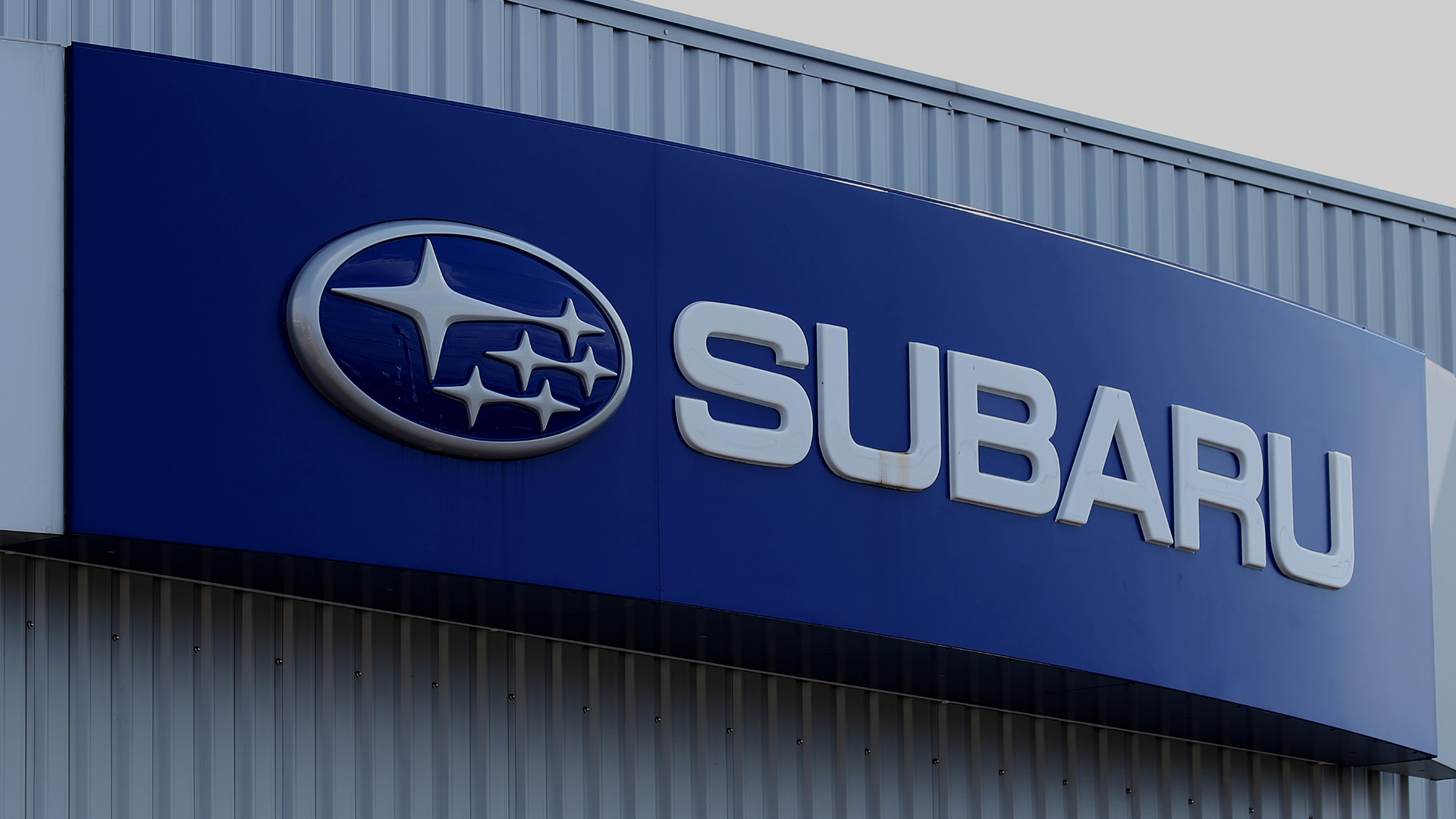

We may earn revenue from the products available on this page and participate in affiliate programs. Learn more ›
In the waning months of 2017, Subaru’s vehicle final inspection scandal, where uncertified personnel signed off on 255,000 vehicles, kicked off a domino effect. The company’s internal investigation on the matter turned up fudged figures on fuel mileage and emissions data alteration. The latter was confirmed to have affected 903 vehicles produced between Dec. 2012 and Nov. 2017.
In response to the final inspection scandal, thought to stem from senior inspectors cutting corners, Japan’s Ministry of Land, Infrastructure, Transport, and Tourism opened an investigation into Subaru, with which the company complied. As part of a followup, meant to ensure future compliance with Japanese emissions standards, the Ministry paid a visit to Subaru headquarters, which was erroneously reported by Nikkei Asian Review as a raid.
In an email to The Drive, Subaru confirmed that no vehicles shipped to export markets, including the United States, were affected by the scandal. Likewise, affected vehicles’ fuel economy and emissions numbers, though differing from Subaru’s reported figures, were still within legal limits.
“No Subaru vehicles sold in the United States or other export markets were involved in the data reporting errors,” stated Subaru’s National Manager of Product Communications, Dominick Infante.
“All of the cars involved in Japan still are in compliance with all emissions and fuel economy standards. The data recording is a requirement, but not used for determining emissions or actual fuel economy of the vehicles. While it was recorded incorrectly, the cars were still clean.”
Elsewhere in the world, emissions scandals have resulted in worse consequences for companies than a formal investigation. BMW had its headquarters raided in March because of suspicions of “defeat devices” like those made infamous by the Volkswagen diesel scandal aka Dieselgate, which set the ball rolling for automakers from every corner of the globe to tighten the belt on their own emissions. Subaru remains the only Japanese carmaker accused of emissions tomfoolery, but there is no evidence to suggest the responsible parties were more than corner-cutting plant supervisors. Volkswagen couldn’t quite say the same.
